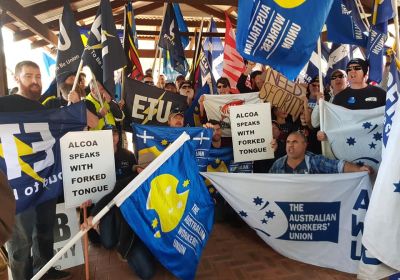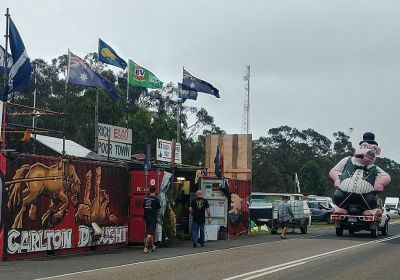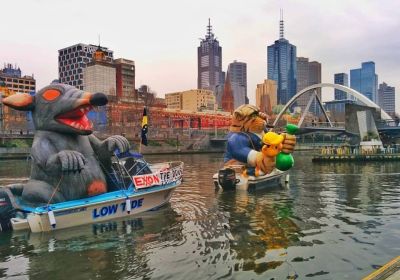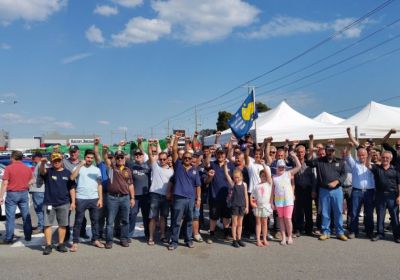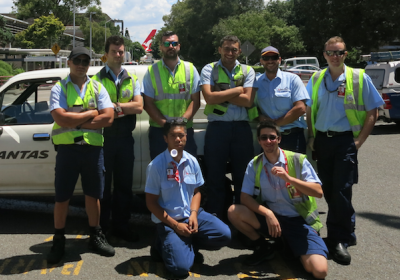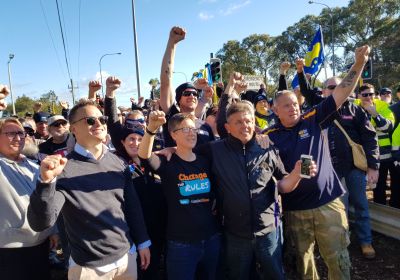
Australia Workers' Union (AWU) members at Alcoa refinery plants and bauxite mines in Western Australia have been on strike since August 8. At stake in the dispute is the job security of 1600 workers. To mark the strike’s 20th day, site meetings were held on August 27 at the ongoing picket lines set up outside Alcoa workplaces in Pinjarra, Kwinana, Wagerup, Huntley and Willowdale.
